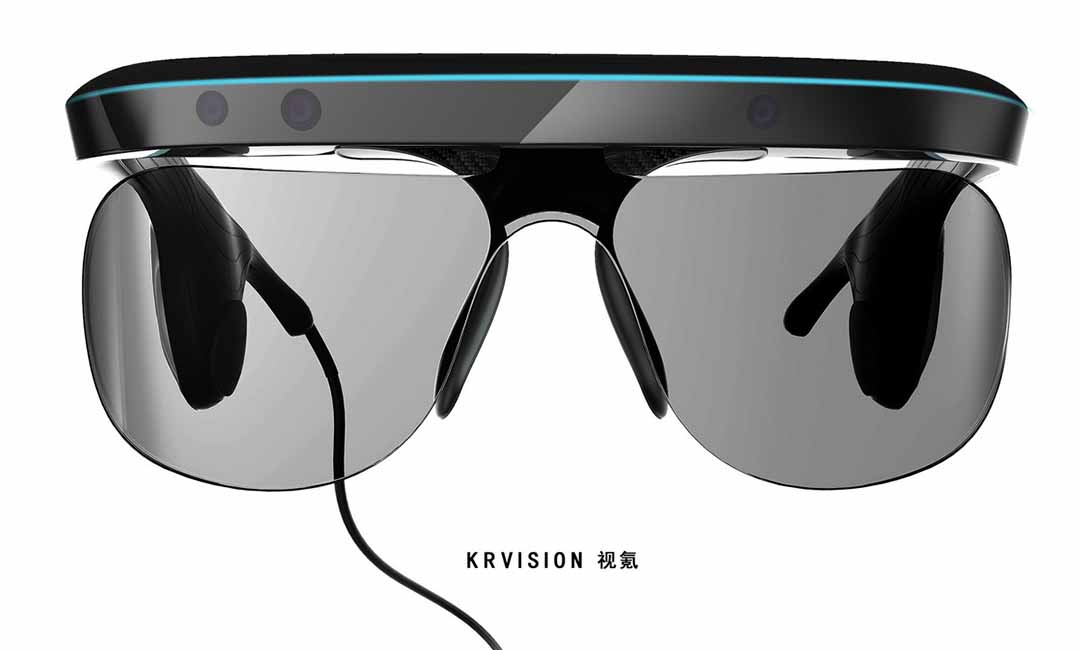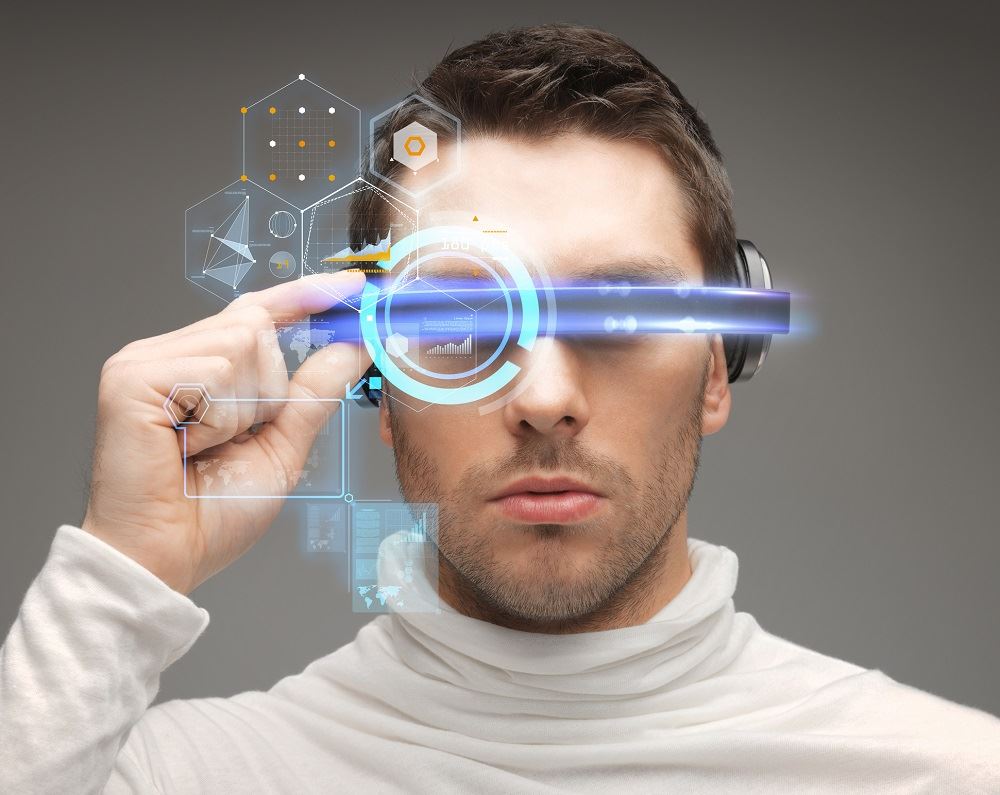The Future of Assistive Technology for the Blind: Empowering Independence
The Future of Assistive Technology for the Blind: Empowering Independence
Blog Article
Discover Advanced Assistive Instruments for Individuals With Visual Disabilities
The landscape of assistive modern technology for people with visual impairments is developing quickly, presenting a series of ingenious devices that improve autonomy and engagement (Braille displays and notetakers). From clever glasses that perfectly merge visual input with acoustic advice to sophisticated navigation applications that redefine spatial awareness, these tools are reshaping opportunities. In addition, the most up to date advancements in Braille modern technology and voice-activated systems dramatically add to access. The implications of these growths expand much beyond plain capability; they test conventional understandings of disability and independence. What might this suggest for the future of incorporation and support?
Smart Glasses Innovations
Smart glasses represent a significant advancement in assistive innovation for individuals with aesthetic disabilities. Outfitted with cams and sensing units, smart glasses can record real-time visual info, which is after that processed and communicated to the user with sound feedback or haptic sensations.
Moreover, advancements in synthetic knowledge have better improved the abilities of smart glasses. Artificial intelligence algorithms can identify faces, reviewed message, and recognize objects, making them important devices for everyday tasks. Customers can obtain auditory signs that offer context regarding their setting, cultivating self-reliance and confidence.
In addition, the ergonomic style and lightweight nature of several wise glasses make them appropriate for prolonged usage, guaranteeing comfort while boosting performance. As these devices proceed to develop, they hold the prospective to revolutionize the means individuals with aesthetic impairments experience their lives, linking the gap in between availability and technology. The recurring study and advancement in this field assurance to expand the possibilities for clever glasses, making them a crucial element of contemporary assistive tools.
Navigation Apps and Equipment
Numerous navigation applications and devices have actually become vital sources for individuals with visual disabilities, substantially improving their capability to pass through unfamiliar atmospheres. These modern technologies take advantage of general practitioner functionality, audio hints, and real-time information to supply customers with precise navigating support.
One popular instance is the Aira application, which connects individuals to experienced representatives who can provide visual summaries of environments and navigation guidance via a real-time video clip feed. This solution improves the individual's spatial awareness and confidence while browsing. One more significant tool is Seeing Eye GPS, which supplies voice-guided navigating and factors of interest, allowing users to access essential details regarding their surroundings.

As innovation remains to development, the advancement of more advanced navigating tools promises to more equip individuals with aesthetic disabilities, promoting smooth wheelchair and combination into varied environments. Such advancements are critical in advertising a much more inclusive culture.
Braille Modern Technology Improvements
In recent years, developments in Braille modern technology have actually substantially transformed just how people with visual problems gain access to info and engage with the globe around them. The growth of mobile Braille screens has changed analysis by enabling customers to attach wirelessly to tablet computers, computer systems, and smartphones. These tools convert text right into Braille in real-time, allowing seamless communication with digital content.
Additionally, ingenious Braille printers have arised, enhancing the manufacturing of responsive products. Modern embossers are faster and extra efficient, enabling the fast production of Braille documents and instructional materials. This performance lowers the moment and cost linked with generating Braille resources, making them more obtainable to companies and institutions.
In addition, the combination of Braille with other modern technologies, such as fabricated knowledge and artificial intelligence, has opened up new opportunities for personalized discovering experiences. Voice acknowledgment and synthesis modern technologies can complement Braille, providing a comprehensive strategy to information dissemination.
As the demand for comprehensive education and learning and workplace atmospheres grows, these technical improvements have a peek at this site play an important role in encouraging individuals with aesthetic problems, ensuring they have equal accessibility to info and chances in different aspects of life.
Wearable Gadgets for Freedom
An expanding variety of wearable devices is enhancing self-reliance for people with aesthetic problems, supplying innovative options that enhance navigating and day-to-day living. Braille displays and notetakers. These tools make use of sophisticated technologies to give real-time responses and support, advertising autonomy in numerous atmospheres

Wearable innovation likewise includes smartwatches that can be programmed with availability attributes, allowing users to obtain alerts, track their places, and even require assistance with the touch of a button. Additionally, some devices incorporate expert system to evaluate the environment, offering audio summaries of nearby objects or individuals.
Voice-Activated Assistive Solutions
Leveraging voice-activated assistive options has transformed the landscape of support for people with aesthetic problems, giving hands-free interaction and accessibility to a variety of tasks. These innovations utilize all-natural language handling and man-made knowledge to make it possible for users to do everyday tasks through simple voice commands.

Furthermore, current innovations in voice acknowledgment accuracy have enhanced the user experience significantly, accommodating diverse accents and speech patterns. This inclusivity makes sure that more individuals can take advantage of these modern technologies, fostering a better feeling of autonomy.
Conclusion
In conclusion, the development of advanced assistive tools considerably enhances the independence and lifestyle for individuals with visual impairments. Technologies such as clever glasses, navigation apps, Braille modern technology, wearable devices, and voice-activated solutions jointly promote a more comprehensive atmosphere. These technologies encourage users to browse their surroundings with self-confidence and engage more fully with the globe, inevitably promoting better availability and level playing fields for individuals dealing with aesthetic difficulties.
The landscape of assistive modern technology for individuals with aesthetic problems is progressing swiftly, presenting a variety of ingenious devices that boost freedom and engagement.Smart glasses represent a considerable improvement in assistive technology for individuals with visual problems. As these gadgets proceed to develop, they hold the possible to revolutionize the means people with aesthetic problems experience their everyday lives, connecting the space between ease of access and innovation.In current years, advancements in Braille innovation have substantially transformed just how people with aesthetic impairments access info and engage with the world around them. These modern technologies equip users to browse their surroundings with self-confidence and engage more completely with the world, inevitably promoting greater accessibility optometry job opportunities and equal opportunities for people dealing with aesthetic challenges.
Report this page